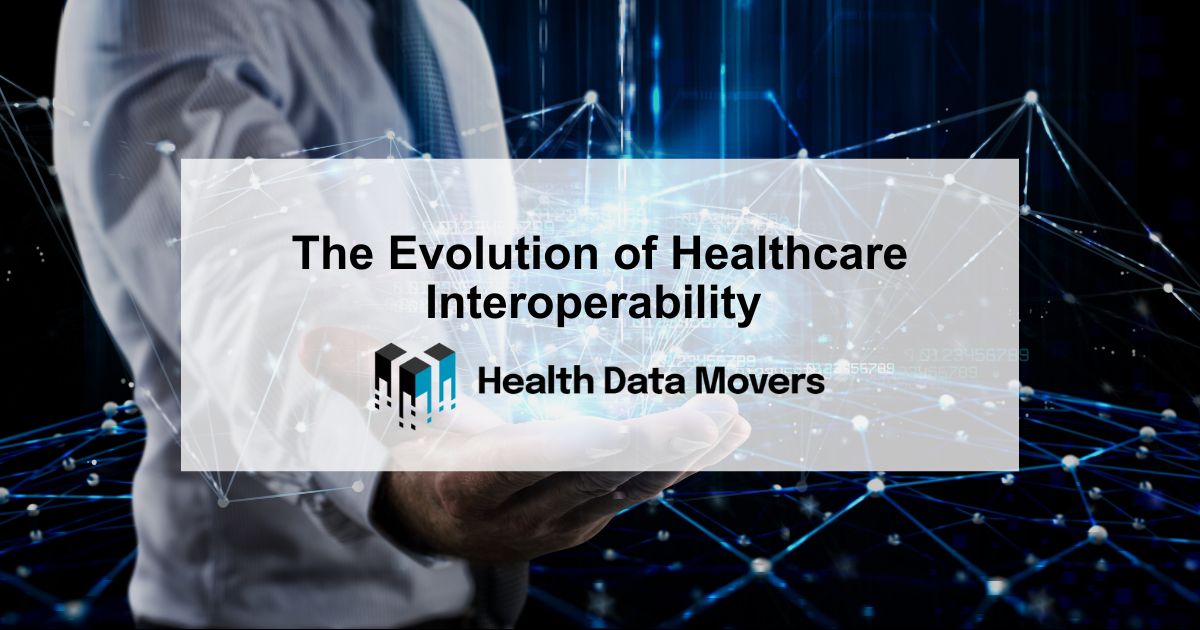It’s 2024 and healthcare interoperability stands at the forefront of industry advancements. Experts predict significant strides, with Jay Nakashima from eHealth Exchange foreseeing the validation of the TEFCA model and the approval of QHINs enhancing nationwide data sharing. These developments promise to streamline health data exchange, fostering more effective care delivery and coordination.
Interoperability isn’t just about technology—it’s about improving healthcare efficiency and effectiveness. When healthcare systems seamlessly communicate and share data, providers can access real-time updates, reducing errors, eliminating redundant tests, and accelerating decision-making. This translates into faster, more accurate care for patients.
Key Levels of Healthcare Interoperability
HIMSS identifies four critical levels of healthcare interoperability:
- Foundational: Connecting systems to communicate effectively.
- Structural: Organizing exchanged data in a logical format.
- Semantic: Ensuring data shared across systems has standardized meanings.
- Organizational: Implementing rules and policies for secure and prompt data use.
Adherence to these standards dismantles data silos, making patient information accessible across different systems. This integration improves care coordination, enhances patient outcomes, and optimizes the healthcare system—we see these outcomes daily!
Reducing Burden and Enhancing Efficiency through Interoperability
IBM underscores interoperability as a cornerstone of data management success in healthcare, which is crucial for alleviating administrative burdens. By leveraging AI and interoperability frameworks aligned with HIPAA, healthcare organizations streamline operations, reduce paperwork, and cut costs. This approach addresses systemic inefficiencies and supports collaborative, high-quality care delivery.
The Role of Comprehensive Data Management Services
Comprehensive data management services are pivotal in enabling seamless interoperability across healthcare systems. They ensure that data conversion processes—from legacy systems to new platforms—are meticulous yet efficient. This process involves technical proficiency and strategic planning to minimize disruptions during implementation.
Furthermore, these services support healthcare organizations in navigating regulatory landscapes like HIPAA, ensuring compliance while optimizing data accessibility and security. By partnering with experienced providers, healthcare entities can unlock the full potential of interoperability, improving patient care and operational capabilities.
>> Are you ready to streamline your data management and embrace interoperability? Explore how our Data Management Services can empower your organization’s transformation, ensuring smooth transitions and enhanced operational outcomes. Read on…

